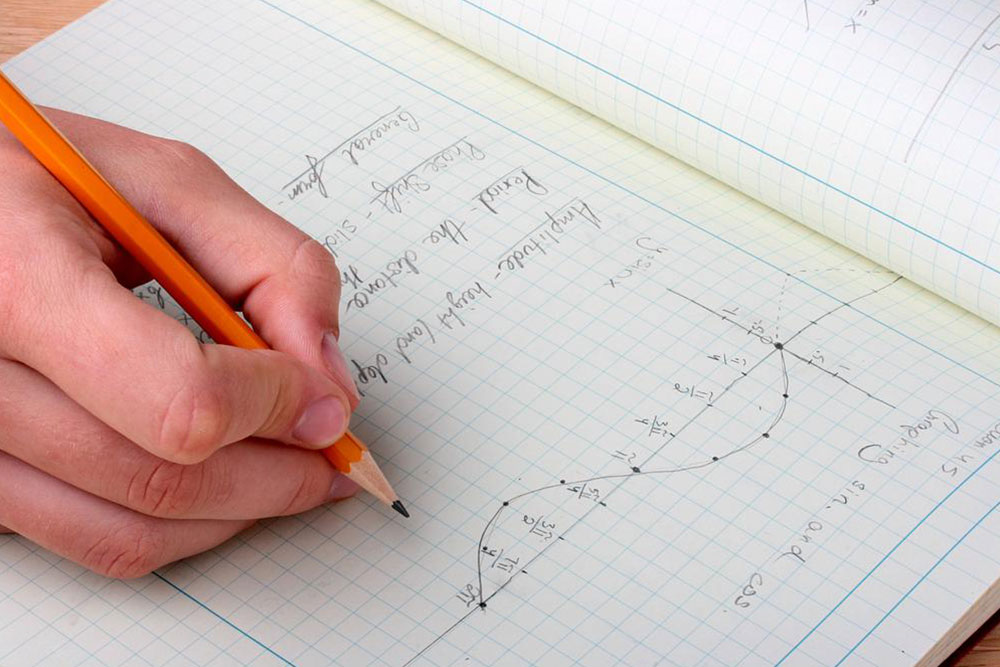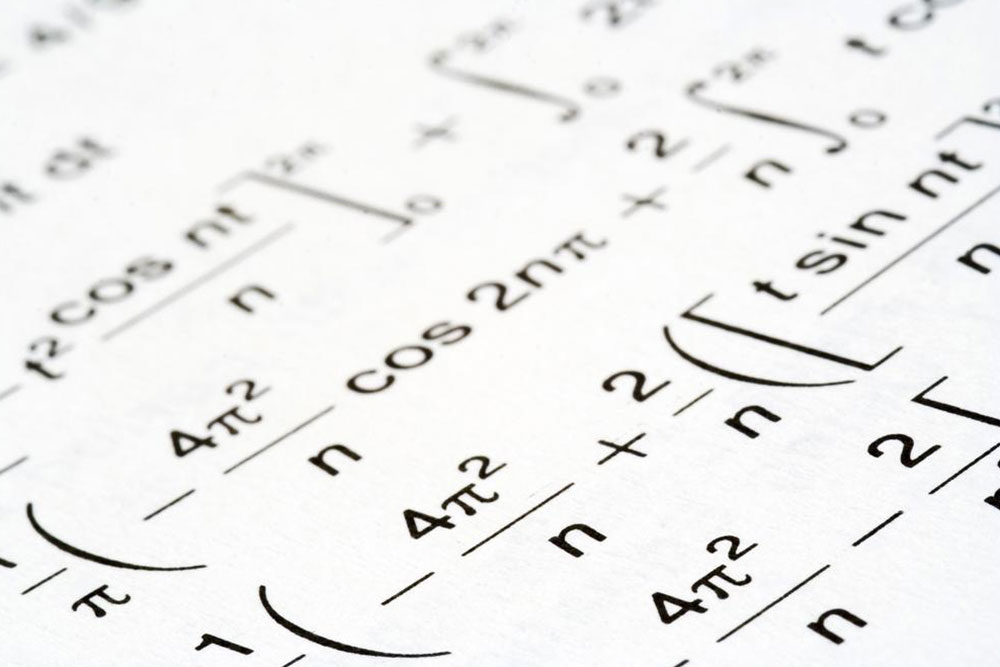A Comprehensive History of the Development of Mathematics
This article provides an in-depth exploration of the rich history of mathematics, highlighting key developments from ancient civilizations to modern breakthroughs. Discover how early artifacts, Greek deductive reasoning, Chinese innovations, and the Hindu-Arabic numeral system laid the foundation for today's mathematical sciences, which continue to drive technological progress and scientific discovery. A comprehensive overview of the evolution of mathematics that underscores its vital role in shaping the modern world.

Mathematics serves as a fundamental pillar of human knowledge, encompassing the exploration of numbers, quantities, geometric structures, spatial relationships, and change over time. Throughout history, mathematicians and philosophers have examined this discipline from various perspectives, resulting in numerous definitions, interpretations, and advancements. The journey of mathematics is a fascinating saga that reflects the intellectual evolution of civilizations across different eras and regions, shaping our understanding of the universe and underpinning technological progress. Ancient civilizations laid the early groundwork for mathematical thought through simple counting systems, rudimentary calculations, and geometric principles. Key artifacts from this period include the Babylonian Plimpton 322 tablet, dating back to approximately 1900 BC, which demonstrates early understanding of Pythagorean triplets, as well as Egyptian papyri such as the Rhind and Moscow Papyrus that document primitive arithmetic and geometric concepts. These artifacts reveal that early societies used mathematics primarily for practical applications like astronomy, architecture, and trade. The formal study of mathematics is generally traced back to the 6th century BC with the Greek philosophers of the Pythagorean school. The Greeks introduced the term "mathematics," derived from the Greek word "mathēma," meaning "learning" or "study." They advanced the discipline through the development of deductive reasoning and proofs, establishing a foundation for mathematics as an abstract, logical science. Greek mathematicians such as Euclid, Pythagoras, and Archimedes made significant contributions to geometry, number theory, and mathematical rigor, influencing generations of scholars. Meanwhile, ancient China pioneered early advances in mathematics, particularly with the development of a place value system. Chinese mathematicians created sophisticated methods for solving equations and understood concepts of fractions and decimals centuries before similar concepts emerged elsewhere. The Chinese text "The Nine Chapters on the Mathematical Art," compiled during the Han dynasty, exemplifies these innovations, offering solutions to a variety of practical problems. The Hindu-Arabic numeral system, which remains the standard numerical system worldwide today, evolved over the first millennium AD in India. This system introduced the concept of zero as a numerical digit and a placeholder, revolutionizing computational efficiency. The transmission of this knowledge to Europe was facilitated through Islamic scholars, notably Muhammad ibn Mughira, and texts translated into Latin played a crucial role in European mathematical development. During the Islamic Golden Age, scholars such as Al-Khwarizmi made groundbreaking advancements in algebra, introducing systematic solutions to quadratic and cubic equations. His work, particularly the book "Al-Kitab al-Mukhtasar fi Hisab al-Jabr wal-Muqabala," gave algebra its name and laid the foundation for future developments. Islamic mathematicians preserved and expanded upon Greek and Indian texts, transmitting a rich intellectual tradition that would fuel the European Renaissance. The Middle Ages and the Renaissance periods witnessed a resurgence of mathematical investigation. European scholars, inspired by translations of Arabic texts, began exploring algebra, calculus, and probability theory. The work of mathematicians like Fibonacci, who introduced the Fibonacci sequence, and later, Isaac Newton and Gottfried Wilhelm Leibniz, who independently developed calculus, marked a new era of mathematical discovery. These innovations enabled scientists to describe physical phenomena more precisely, promoting significant progress in physics, astronomy, and engineering. In the modern era, mathematics has continued to evolve at an unprecedented pace. The development of abstract algebra, topology, numerical analysis, and computer algorithms has expanded the scope and power of mathematical tools. Today, mathematics is an indispensable component of scientific research, technological innovation, data science, and artificial intelligence. The ongoing quest for understanding new structures, solving complex problems, and applying mathematical concepts to real-world challenges ensures that the discipline remains vibrant and ever-expanding. In conclusion, the history of mathematics is a testament to humanity's relentless curiosity and desire to understand the universe. From ancient artifacts to modern digital computations, each milestone reflects a piece of the collective intellectual journey that continues to influence all facets of modern life. As we look forward to future discoveries, the evolution of mathematics stands as a monumental chapter in the story of human progress and innovation.




